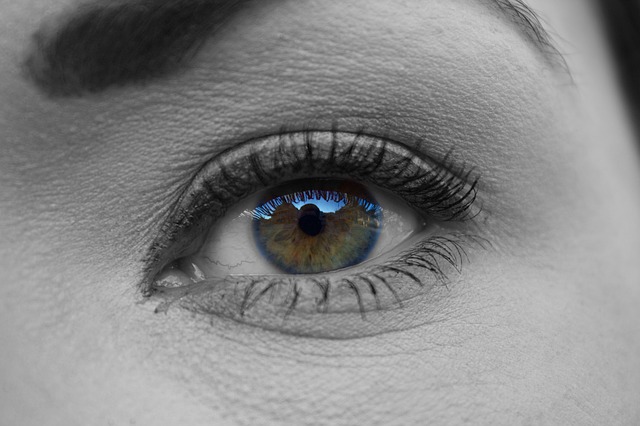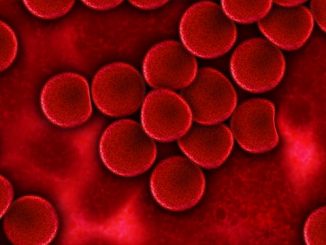
Because everyone ages, researchers all over the world have been relentless in their quest to find, create and develop products that can help reverse or at least slow down the effects of the awful disease (because it is a disease no two ways about it) that aging is. One of the most recent discoveries causing widespread excitement in this area of study came out of University of Maryland from a research team led by Zheng-Mei Xiong — assistant research professor of cell biology and molecular genetics at UMD.
In a nutshell, their findings — details of which have been published in the journal Scientific Reports — indicate that a chemical known as methylene blue (also called methylthioninium chloride) has properties that could provide anti-aging benefits on the skin. This conclusion was derived after studying the effects of different antioxidants on cultured human skin cells and simulated skin tissue.
The research team tested four antioxidants — methylene blue, N-Acetyl-L-Cysteine (NAC), MitoQ and MitoTEMPO (mTEM). First, they tested the antioxidants on skin cells from two types of middle-aged donors: healthy ones and those afflicted with progeria — a rare genetic disorder which causes accelerated rate of aging.
In all the experiments conducted, methylene blue came out on top, improving a number of age-related symptoms in the fibroblasts (skin cells that produce the protein collagen which gives our skin its elasticity) of both the healthy donors and those with progeria. Specifically, the fibroblasts showed less of the damaging molecules known as reactive oxygen species (ROS), had a decreased rate of cell death, and a higher cell division rate.
Next, the team conducted their tests on skin cells from older donors aged 80 and above. The results were similar, with an added bonus — a decrease in the expression of two genes which are typical indicators of aging: senescence-associated beta-galactosidase and p16.
Finally, the team performed additional experiments on simulated human skin — a 3D model composed of living skin cells and skin tissue, but without sweat glands and hair follicles. They found out that with methylene blue, the model skin retained more water and became thicker — both features indicative of younger skin.
Going further, the team also added methylene blue on cosmetic creams to test its safety. The findings suggest that even at high concentrations, methylene blue did not cause irritation and even when it did, the irritation was minimal.
As one of the study’s senior authors, Kan Cao, explained in a statement they issued: “Our work suggests that methylene blue could be a powerful antioxidant for use in skin care products. The effects we are seeing are not temporary. Methylene blue appears to make fundamental, long-term changes to skin cells.”
Motivated by these promising results, the team is now figuring out how to incorporate methylene blue into skin care products fit for commercial use. And further down the road, they are also hoping to integrate 3D bioprinting technology to eventually develop individualized skin care treatments.




Leave a Reply